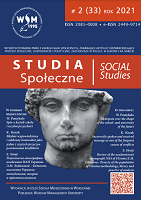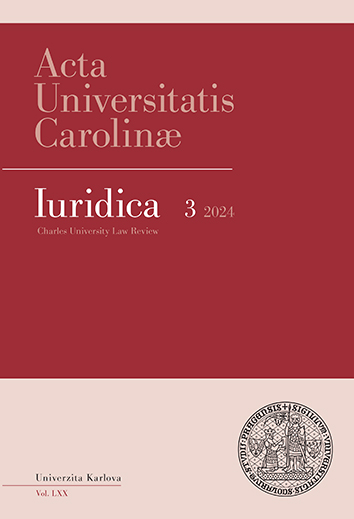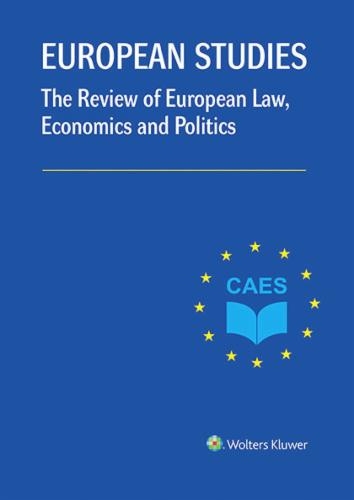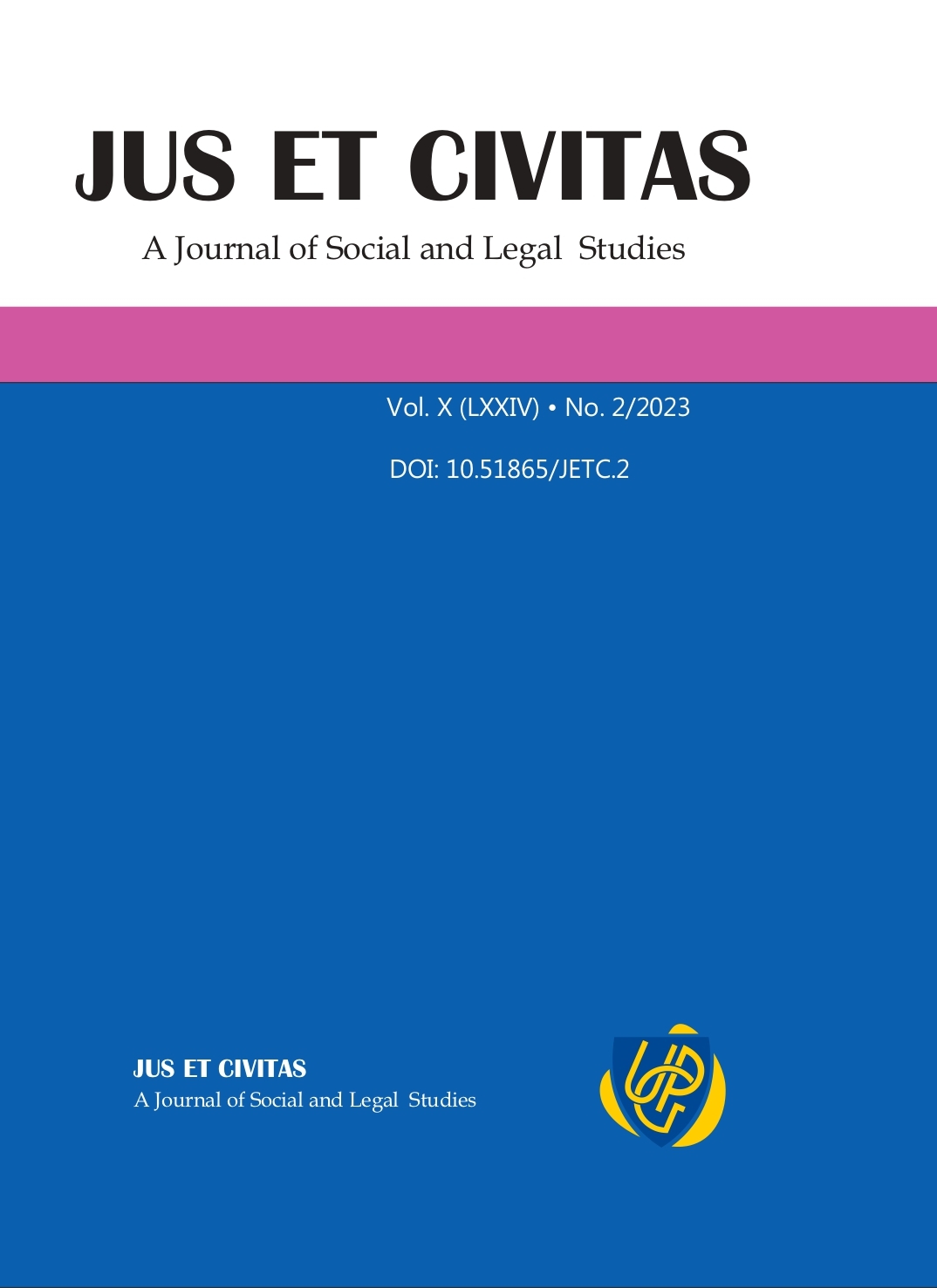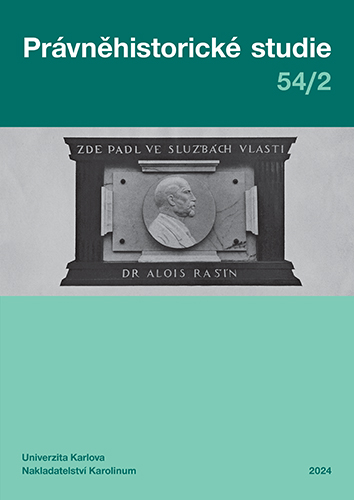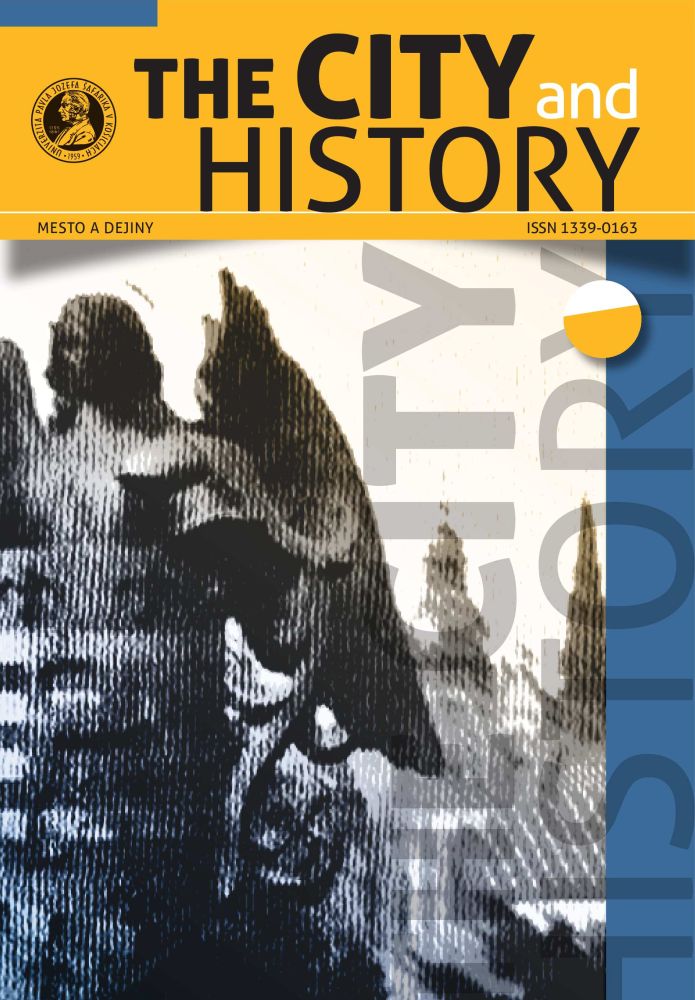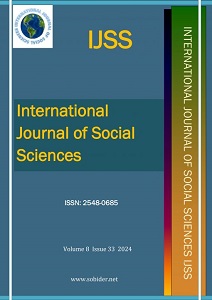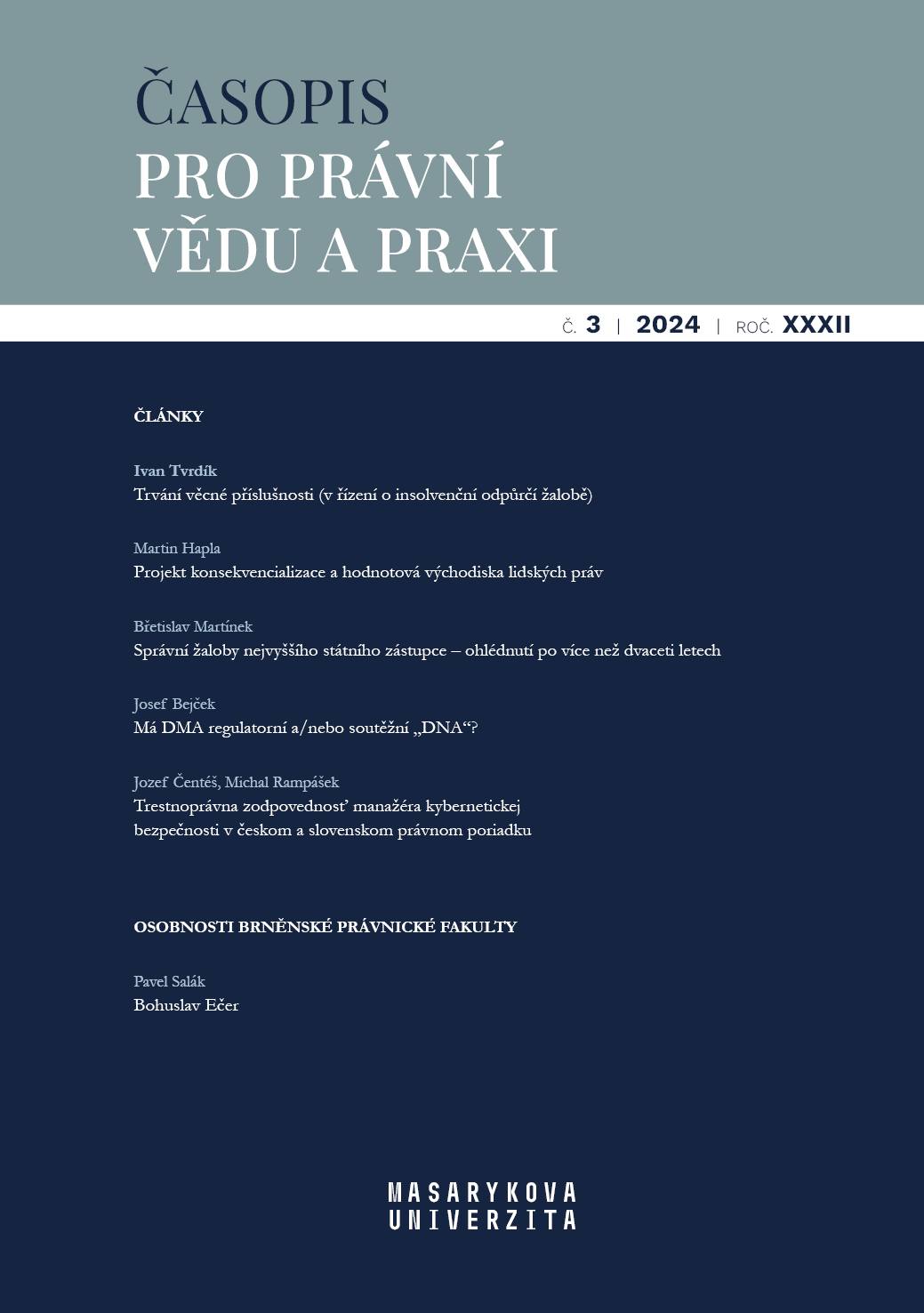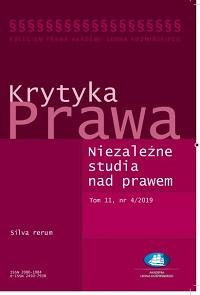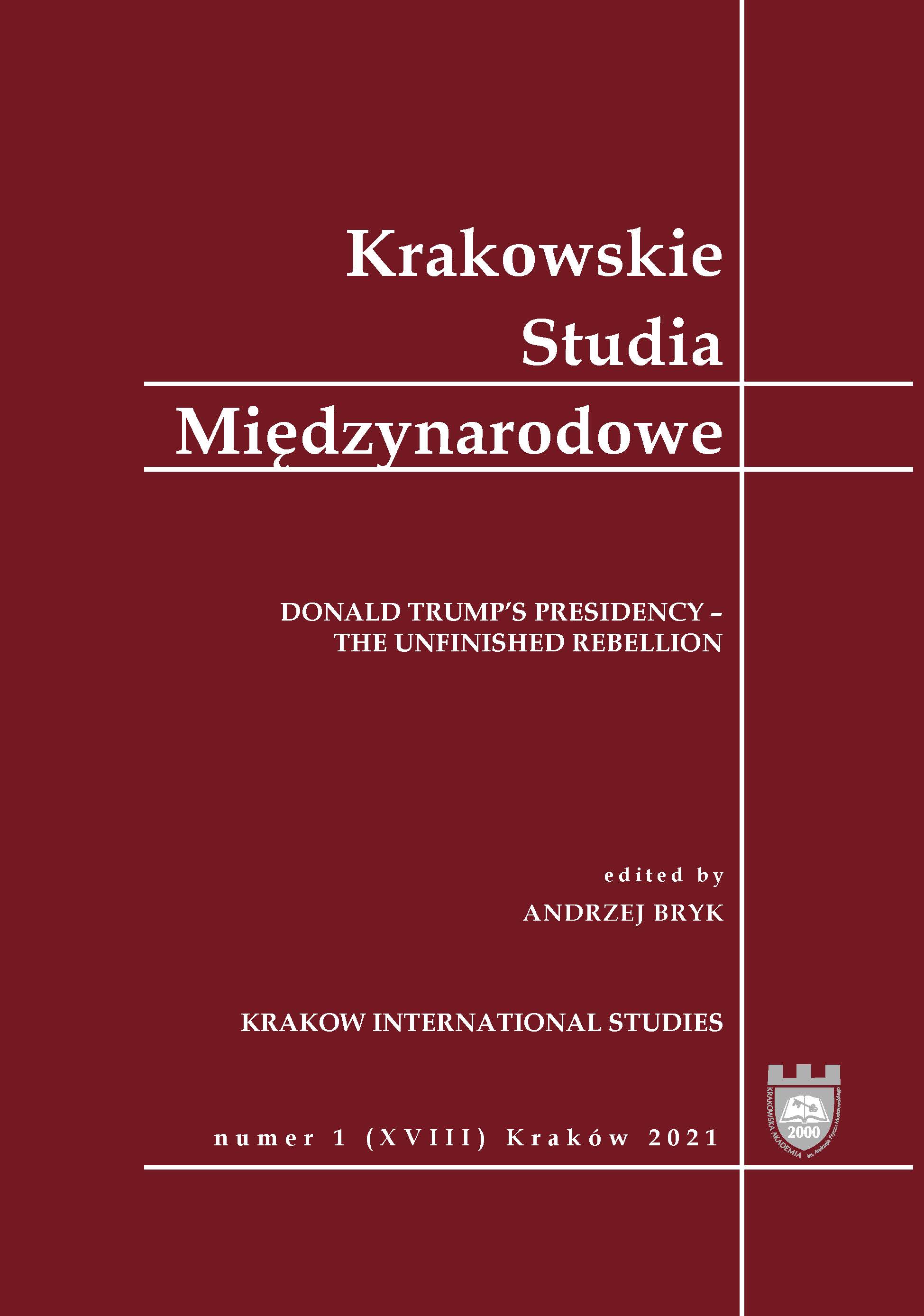
The Trump Presidency, Federal Judges, and American Law
President Donald Trump’s appointments to the US federal judiciary were a major accomplishment of his presidency (in particular, his three Supreme Court appointments). They are likely to have a significant impact on American political and legal life for a long time to come. The appointments have been criticized by some, on ideological grounds, but they represent a significant and beneficial return to the original understanding in American constitutionalism of the proper role of judges and judicial review.
More...
